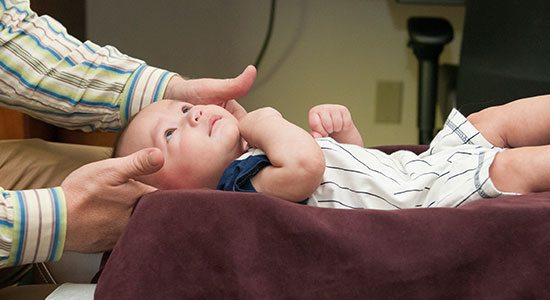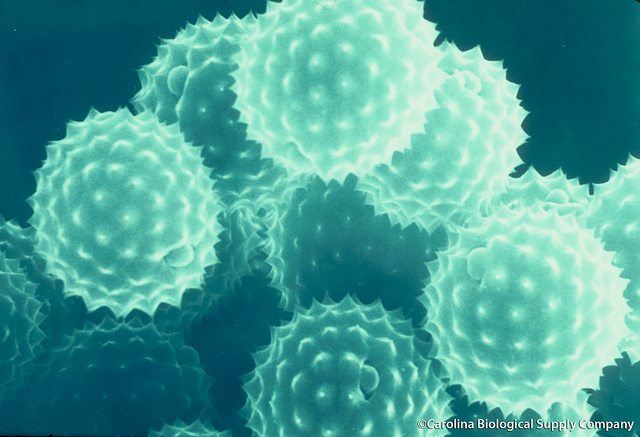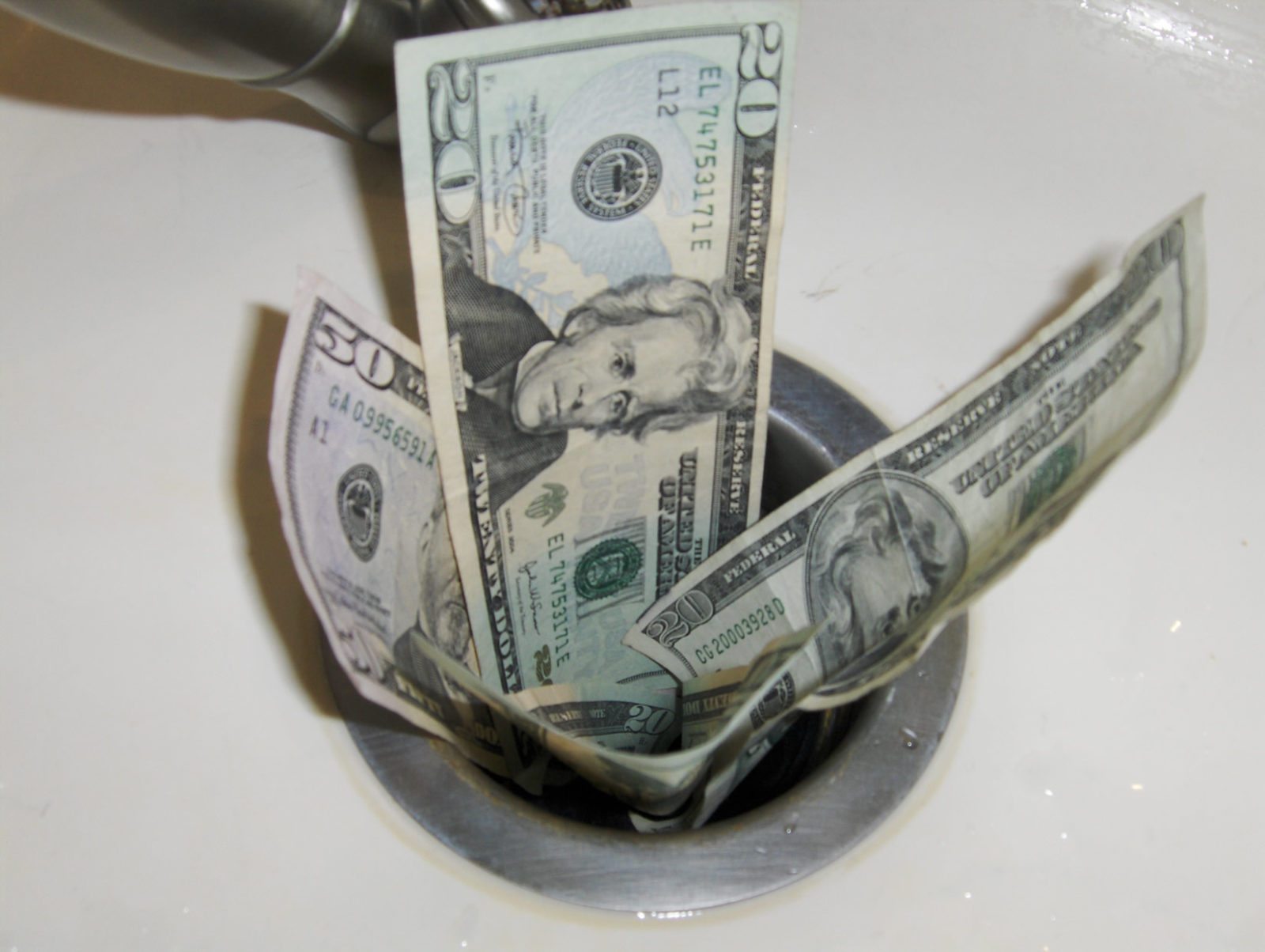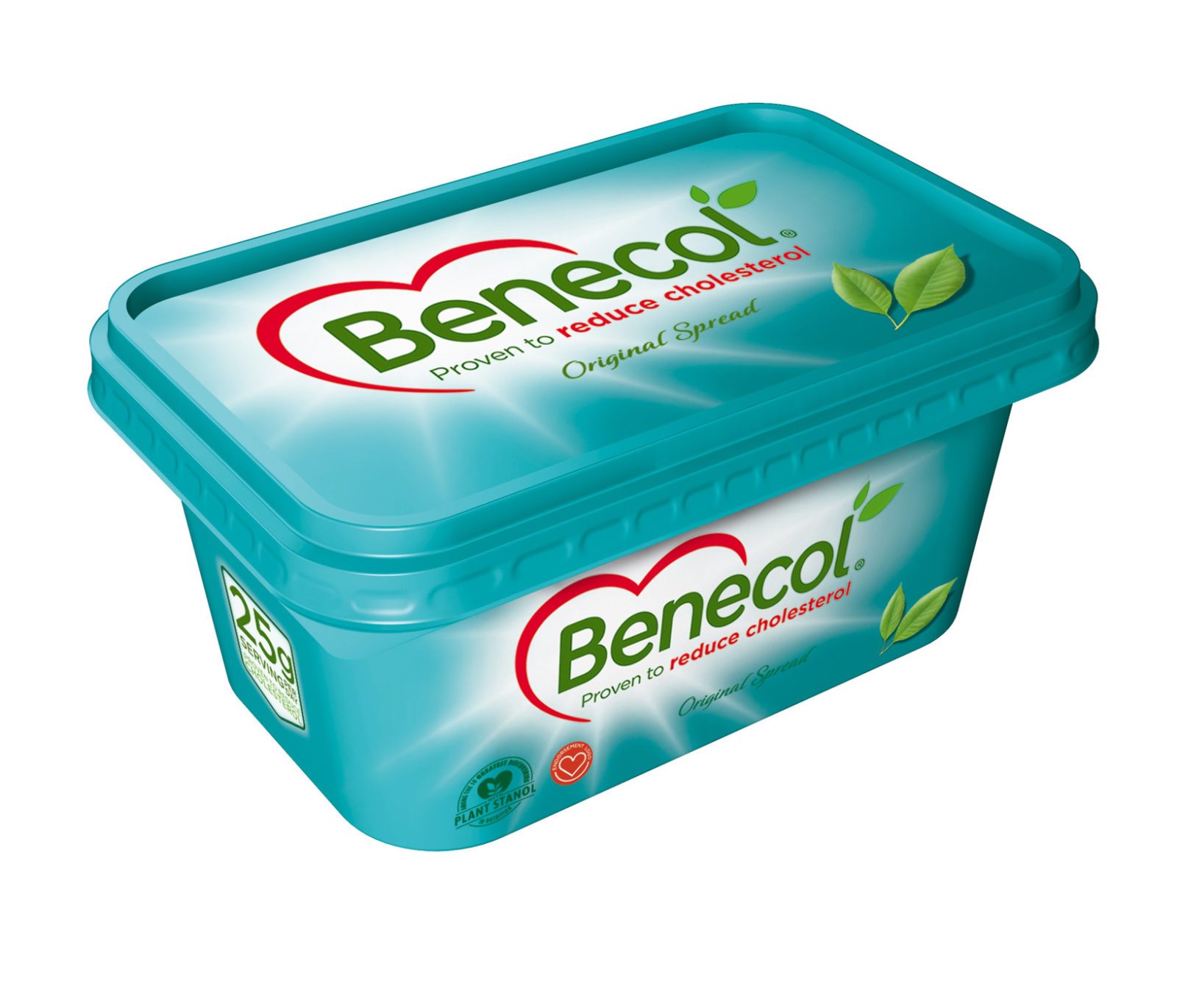
Detox Scams are Worthless and Potentially Dangerous
A case report of a healthy woman who landed in intensive care due to her New Year's detox regimen highlights that detox treatments are a dangerous scam.

The Never-Ending Unchanging Story
NaturalNews.com is one of the most highly trafficked alternative medicine websites in existence. Even though its owner, Mike Adams, has become a rising star in the alt right and has also gone full conspiracy theorist à la Alex Jones, that doesn't mean he's given up promoting medical pseudoscience. He's still at it, this time continuing to make unsupported claims about fluoride in...

In the tradition of Chairman Mao, traditional Chinese medicine gets a new boost by the Chinese government
Despite a lack of evidence for its efficacy and safety, traditional Chinese medicine (TCM) has made major inroads into US medical centers, both academic and community. I've told the story of how Chairman Mao Zedong created the myth of TCM and promoted it to credulous Westerners to facilitate the "integration" of TCM and "Western medicine." Over the holiday break, I learned that...

Newborn Chiropractic, False Balance, and The Doctors
The vacuous TV docs on The Doctors have demonstrated once again why the show is a highly unreliable source for medical information of any sort.

Fake treatments for real diseases: A review of allergy and asthma advertisements by naturopaths, chiropractors, homeopaths and acupuncturists
A majority of Canadian chiropractic, naturopathic, homeopathic and acupuncture clinics claim that they can diagnose or treat allergies, sensitivities and asthma.

Son of (the unethical and unscientific) Trial To Assess Chelation Therapy rears its ugly head to the tune of $37 million
First, the NCCIH and NHLBI spend $30 million on a clinical trial of quackery for cardiovascular disease that produces predictably negative to at best equivocal results. Then that result, apparently, is enough to justify wasting another $37 million on a followup study—while dozens of other deserving studies go unfunded. Meanwhile STAT News lionizes the principal investigator of both trials as a brave...

A review of Benecol, a plant-stanol margarine
Most nutraceuticals don't really work as advertised. For the most part, Benecol pretty much does. But is it worth it?

It’s Hard Out There for a Psychic
Psychic? Exorcist? Acupuncturist? Homeopath? Naturopath? The practice is the same. The consequences differ.

Florida revokes medical license of “Lyme literate” doctor
Florida finally revoked the medical license of “Lyme literate” doctor John Lentz, who honed his diagnostic skills and treatments in ILADS seminars and treated “chronic Lyme” for almost a decade. Why does the system allow this?

Support Science-Based Medicine
2016 has been a tough year for reason, science, medicine, and facts. Help Science-Based Medicine make 2017 a better one.






Don’t Blame the Patient